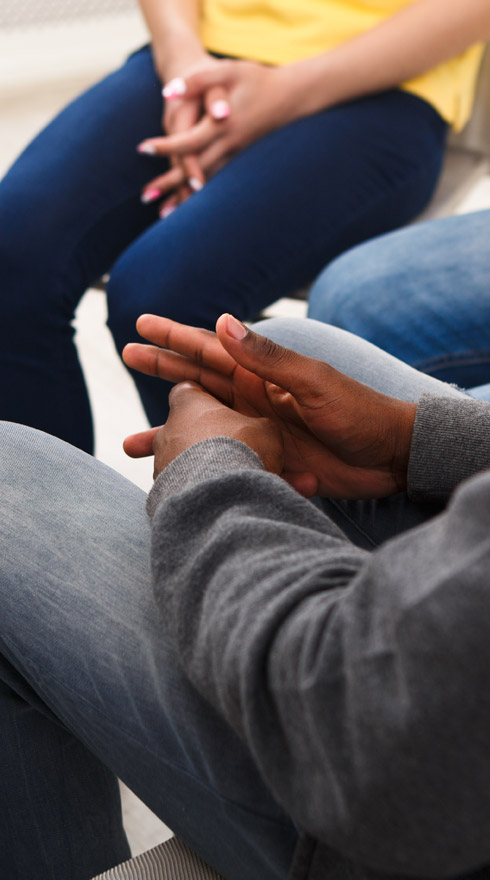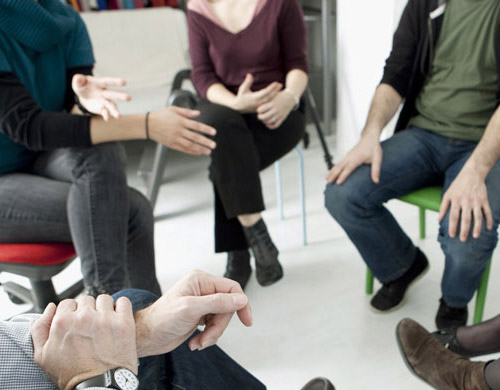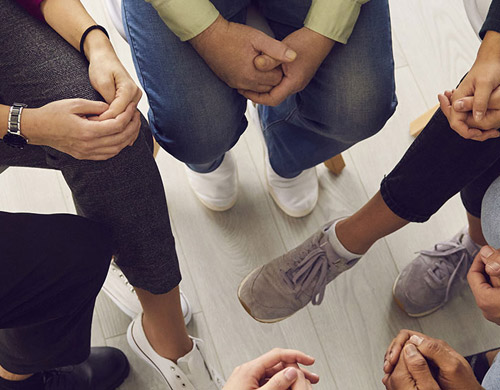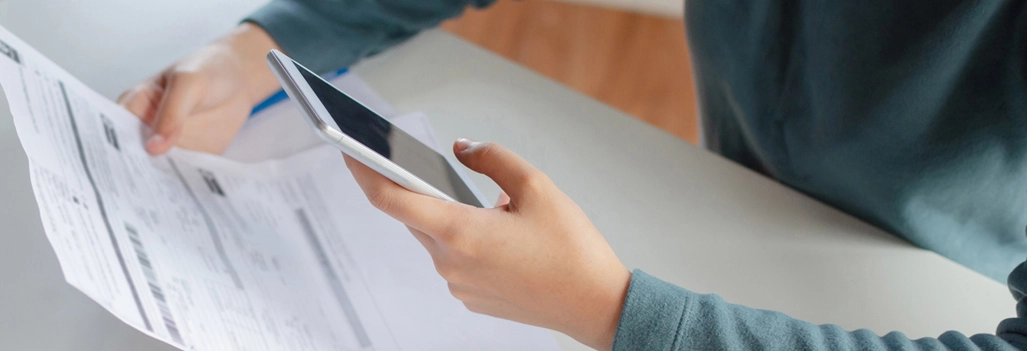Drug and alcohol use disorders are challenging to address when they hurt you or someone you care about. But addiction is a treatable disease and by using proven and professional rehab interventions, long-term recovery can be embraced.
In this guide we will explain how an holistic treatment program can encourage you or someone you care about to begin and sustain addiction recovery.
What is Addiction Rehab (Rehabilitation)?
When we use the term addiction ‘rehabilitation’, we refer to the combination of medical and psychotherapeutic treatments used to deal with dependencies on alcohol and drugs (including prescription medications).
Addiction Rehab is most effective when it is tailored to your individual needs and incorporates a medical detox, inpatient and outpatient programs, as well as aftercare support.

Facts & Statistics about Addiction in Santa Clara
Prevalence of Substance Use Disorder, by Drug Type
(IN THOUSANDS)
- 2,7578.5%Any Substance
- 2,0886.4%Alcohol
- 1,0683.3%Ilicit Drugs
- 2060.6%Pain Medication
Drug- and Alcohol-Induced Deaths by Age Group, California, 2016
- Alcohol-Induced
- Drug-Induced
- 18 to 250.5
- 9.6
- 26 to 354.3
- 13.9
- 36 to 6424.2
- 22.9
- 65+23.7
- 9.4
Drug Use, by Selected Type and Age Group California, 2015 to 2016
- 12 to 17
- 18 to 25
- 26+
- Marijuana*13.2%
- 34.0%
- 13.5%
- Misuse of Pain Medications3.5%
- 8.0%
- 4.3%
- Cocaine0.8%
- 7.2%
- 1.8%
- Heroin0%
- 0.4%
- 0.2%
What are the treatment options available in Santa Clara?
Integrated treatment is usually the best manner in which to tackle the root issues of drug and alcohol dependencies. Although treating the symptoms of dependence is necessary, you also must learn coping skills to address the issues that lead to your drug or alcohol addiction.

Private Residential Programs
Residential rehabilitation programs allow you to remain on the same property that you are getting treatments in. One of the key benefits is access to daily treatment and guidance. There is substantial value in taking yourself away from the home environment and becoming fully immersed in the rehab program, because you are no longer exposed to the triggering environments that may have caused you to abuse substances.
Finishing your rehab program and avoiding relapse is a great deal easier when you stay in a safe and supportive environment. Residential treatment programs are good for individuals with serious drug and alcohol dependencies, co-occurring illnesses or dual diagnosis.
Taking part in a residential treatment program is the most effective way to treat addiction, and sustaining it demands continued focus because maintaining recovery is a challenge during the early stages. Finishing your residential treatment program is the start of your newfound independence and you will be focused on goal-setting for your drug and alcohol free future.
Do You Need Help?
Our addiction advisers are here to help you.

Sober Living Programs
You will receive support and guidance from a sober living program to help you control your future more effectively. Sober living programs usually have:
- Round-the-clock check-ins from the house manager
- Developing guidelines to help your behavior in recovery
- Helping you to build positive relationships with peers who are having similar challenges to you
Outpatient Programs
Outpatient programs are easier to adjust to as you can maintain your family/work commitments and still undergo treatments, by coming to the rehab center at your own pace.
Outpatient programs help with:
- Education on drug use
- Counseling and therapy such as Cognitive Behavioral Therapy or group sessions – Your individual needs will determine the duration of your outpatient program, which could extend from three months to more than year.
Detox Only Programs
The early steps of a rehab program is a detox, which removes any substances from your body and begins healing your physical dependency on it. You usually undergo withdrawal symptoms as a normal response to the absence of substances in your system.
Once you overcome the worst of physical withdrawal you will continue on your recovery journey, working on the root causes of your dependency to end the cycle of abuse. Many substances drive symptoms of withdrawal and cravings for some time after they have been eliminated from your system. Developing important skills can assist you to minimize your odds of relapse as you adapt to your new life.
Paying for Private Treatment
The private rehab costs may be claimed back through your healthcare policy or paid directly. Most health insurance providers offer cover for some rehab, which includes medical detox, the rehab treatment program, medications and aftercare and support. The amount you are able to claim will be determined by your policy rules and your provider.
You should check to see the amount of cover you can claim before enrolling in a treatment plan. You can visit our Verify Your Insurance page for more details on the cover that is available to you.
If you prefer not to claim against your insurance policy, you have to pay for your treatment program with your own funds. Many treatment providers will consider payment plans to clients who may struggle to pay for treatment upfront.
State Funded Programs
State-funded treatment programs were created to assist individuals who do not have the financial means to recover from alcohol or drug dependence.
Through the use of funds from federal and state resources as well as Medicaid, these programs may facilitate treatments such as:
- Medically-assisted detox programs
- Addiction counseling and ongoing support
State-funded treatment programs provide relief to people who reside in low income households or private healthcare policies. To enroll you will need to provide details regarding:
- Proof of income
- Proof of where you live
- Your personal medical records regarding your substance misuse
- Proof you are living in the US legally
Extensive information about the application process can be found on https://www.grants.gov/
This document contains contact details for your state agency.

The following state-funded addiction rehab programs are available in Santa Clara:
Santa Clara Cnty Dept of Alc/Drug Serv Central Treatment and Recovery Center
976 Lenzen Avenue, 1st Floor, Suite 1900, San Jose, CA 95126
408-792-5656
https://findtreatment.gov/
Maintaining Addiction Recovery in Santa Clara
Leaving treatment and returning home can prove challenging for people in early recovery. At rehab you were in a professionally supported, safe environment. After leaving the rehab center you may encounter unanticipated challenges that you are not prepared for. Clients who had severe dependencies find long term recovery more difficult when they leave rehab if they do not have a social support structure. Guidance and aftercare support is integral in the early stages of recovery to help prevent relapse.
The following AA/NA meetings are available in Santa Clara:
AA - Friday Big Book Study
Big Book, Closed and Wheelchair Access:
1957 Pruneridge Avenue, Santa Clara, CA, 95050
Friday: 1:00 pm – 2:00 pm
https://alcoholicsanonymous.com/AA 0 God Santa Clara
Open and Wheelchair Access: 3111 Benton Street, Santa Clara, CA, 95050
Thursday: 8:00 pm – 9:00 pm
https://alcoholicsanonymous.com/BREAKING THE CHAINS GROUP
Breaking the Chains Group, Discussion/Participation and Open:
1511 Agnew Road, Santa Clara, CA 95054
Wednesday: 7:45 pm
https://www.drugstrategies.org/
Aftercare & Alumni Programs
An aftercare program continues to provide recovery support when you return to your home environment. Because life doesn’t always happen the way we want it to, and 60% of individuals may relapse upon completing treatment, taking part in an aftercare program is vital support for staying sober long-term.
When your rehab program is close to finishing, we will discuss the therapies and counseling most helpful for your long-term recovery and any appropriate aftercare provisions will be devised to assist you. Those who complete their treatment programs will have access to an alumni community program such as ours, which gives you the opportunity to interact with peers and staff.
You will enjoy access to mentorship and guidance from other individuals in recovery, and also take part in other events. This gives you an ideal opportunity to reciprocate and help other individuals in recovery.
Support Groups (Fellowship Meetings)
Through support group meetings you can enable a support structure that is great for your long-term sobriety. To maintain addiction recovery, will receive long-term recovery support if you join groups like Narcotics Anonymous or Alcoholics Anonymous and attend their 12-step meetings.
During local meetings, you can share and listen to other member’s personal journeys. Many individuals in recovery attend local meetings to help them in the early and later stages of addiction recovery. Support groups provide them with the necessary tools tools to stay away from substances, allowing them to take responsibility for their recovery.

Support for Families & Children Affected by Addiction

Each family member is affected, to different degrees, by addictive behaviors. Help is just as important for the family members as it is for the individual with the dependency.
By taking part in family support groups, you can manage stressful situations more effectively, and be able to support your family member in recovery.
Your family members will benefit from support groups including:
- Parents of Addicted Loved Ones
- SMART Recovery Family & Friends
- NAMI Family Support Groups
- Al-Anon
- Families Anonymous
- Alateen
- Nar-Anon









